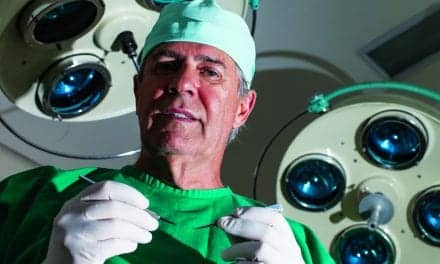A recent New York Times article talks about a study from the University of Colorado and it has startled some in plastic surgery circles. The study focused on whether fat removed via liposuction can come back in a different area. The study concludes yes, it does. The study does not get into lifestyle, exercise, or diet changes in liposuction patients postop.
You can read a news story on the study here.
One of plastic surgery’s premier bloggers, Ramona Bates, MD, found the study’s conclusions plausible and in line with her experience. Liposuction and Redistribution of Fat:
I have told my patients for years to consider the fat cells in their body as drawers or storage bins. If I take away some of the drawers and they continue to take in “fat” that needs to be stored, the body will put it somewhere. If there are now fewer drawer options in the saddlebag or abdominal region, then where will it go? Most likely the upper body, etc.
This article does more definitively define the answer to where it will be placed.
Anthony Youn, MD, is somewhat neutral on the study and its results. Read it here.
On RealSelf.com, physicians responded to the study results by agreeing that liposuction surgery itself is not responsible for the increase in weight. George Beraka, MD, explains:
The number of fat cells in the body after adolescence is constant. Liposuction permanently removes fat cells from the thighs, for example. (That’s why the bulges don’t come back.) So new fat cells develop in the upper body to keep the total number constant. But new fat cells can be small and empty. This phenomenon does not lead to increased size unless the woman actually gains weight. When she does gain weight, the increased size does not selectively go to her old bulges, like it did before liposuction.
Others have mentioned is that the same phenomenon has occurred in animal studies where the diet is highly controlled. In humans, with lifestyle and eating habits remaining constant, the removal of fat results in fat accumulation in other parts of the body. They body compensates to the loss by expanding existing fat stores and producing new fat cells.



